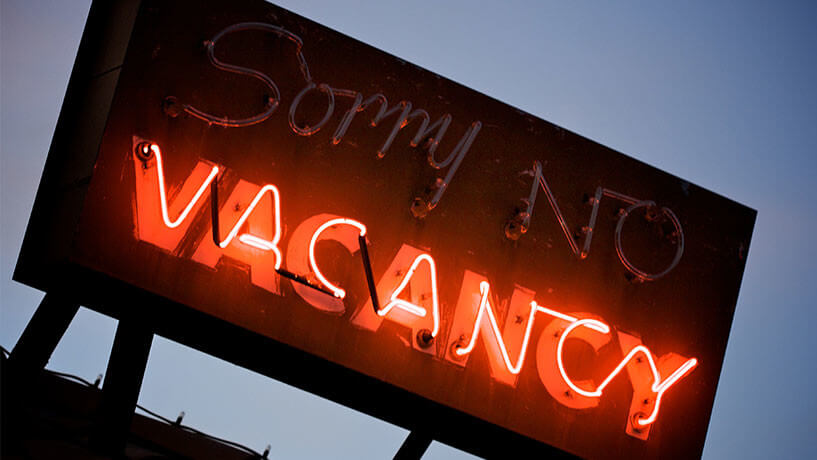
What are the top risks of overbooking? A negative impact on your brand, decreased customer loyalty, frustration on behalf of the guests, and lower staff morale. The impact of overbooking on the guest experience can also lead to operational challenges.
NB: This is an article from Mews
Subscribe to our weekly newsletter and stay up to date
Dealing with upset guests, offering compensation, or finding alternative accommodations is stressful for everyone. It can put a strain on resources and even affect guests staying at your hotel.
If the guest opts for a room upgrade or compensation, their experience is tainted from the beginning. Meeting their expectations to make up for the inconvenience will be more difficult. In these cases, it’s best to offer extra amenities and freebies. You should also regularly check in with them to ensure they’re having a pleasant stay.
Although some hotels use overbooking to maximize revenue, it can certainly backfire. Some guests will refuse to accept any form of compensation like discounts, refunds, or a room upgrade. That means you lost them forever, and all the money spent on acquisition goes to waste. Even if an unhappy guest accepts compensation, these costs can affect your revenue.
There’s also a financial impact of people sharing negative experiences at your hotel, which can deter new customers from booking and negatively affect your bottom line. You may have to invest in legal expertise to settle claims or invest extra money to repair your damaged reputation through PR and marketing.
Best practices for avoiding overbooking in hotel
Here’s how to avoid overbooking in a hotel – regular inventory management, using a channel manager, analyzing historical booking trends, diversifying inventory, conducting regular audits of your operating procedures, and training your staff.
Regular inventory management
You should regularly update inventory across all channels – if you forget one channel, you put yourself at risk of overbooking. Try to accurately predict your hotel’s maximum and ideal capacity and the number of rooms available for each room type. Get in the practice of reviewing this regularly.
Regular monitoring lets you adjust inventory based on real-time availability and cancellations.
Analyze historical booking data
Analyzing historical booking data is the first part of monitoring booking patterns. You can identify occupancy trends based on different periods. Understanding typical booking patterns lets you predict demand and adjust inventory to have rooms available should there be an overbooking.




